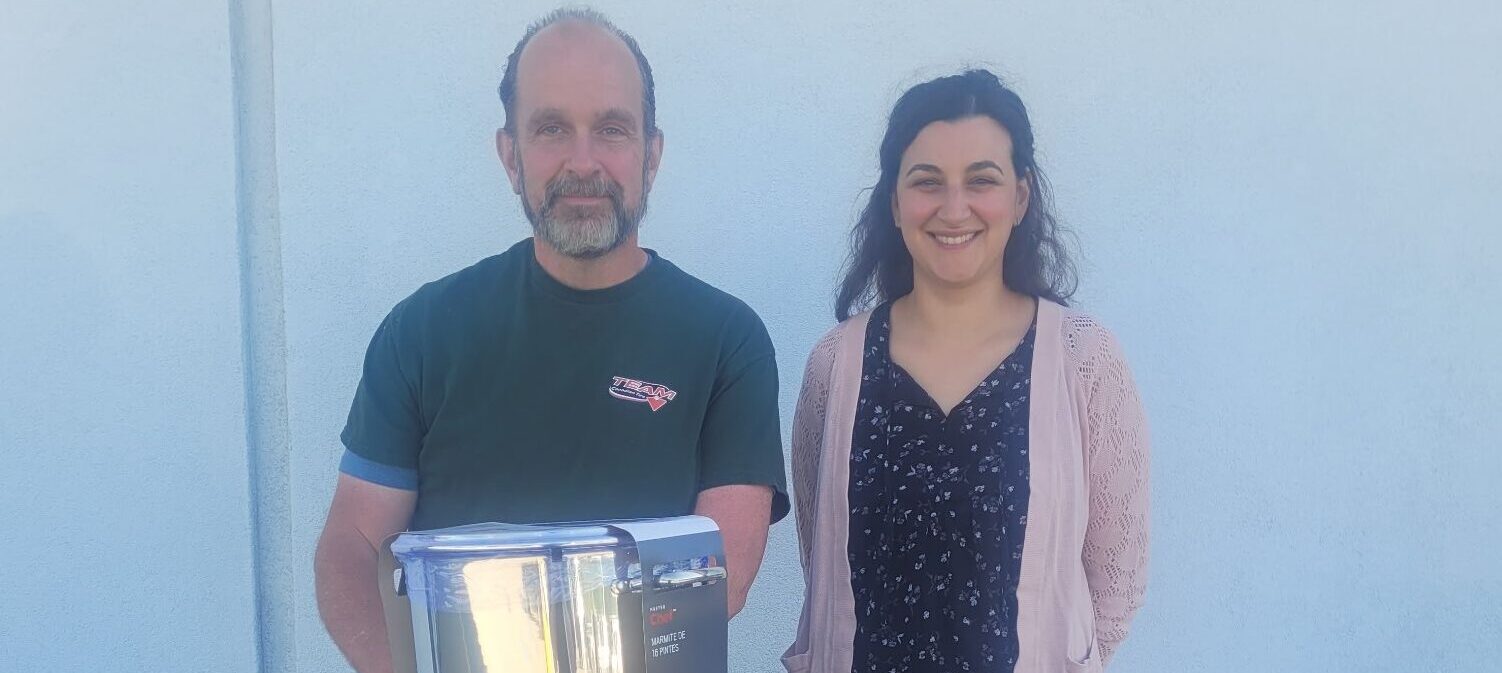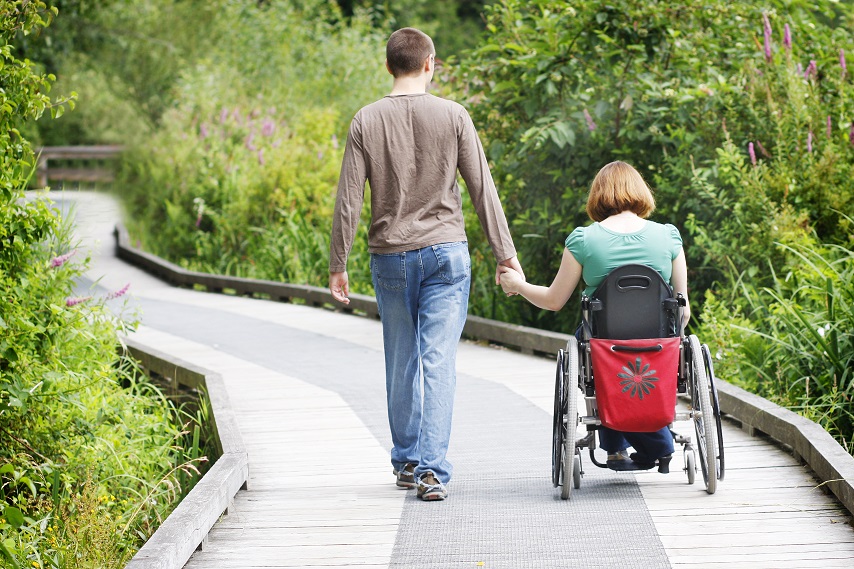
“I find it always amazing that the horse as the teacher transforms human participants. I haven’t met a person yet that the horse hasn’t changed in one way or another. It’s all about the horse. I just give a place for the magic to happen.”
Those are the words of Rebecca Horkoff, an equine-assisted learning facilitator and owner of Free Rein Ranch in Grand Forks, BC. Rebecca provides the equine-assisted learning for our HEART—Healing through Equine Assistance & Resiliency Training—program in Grand Forks.
Our final Grand Forks HEART session starts February 5, so if you are interested in participating, contact us today.
What is equine-assisted learning?
Equine-assisted learning (EAL) is a learner-based educational experience with horses that encourages individual and team growth. Participants learn communication skills, problem solving and negotiation. They build healthy relationships, and they learn how to think and see things from outside of the box.
“We facilitate life skills through positively reinforced interaction with the horses. The whole mindset is based on the medicine wheel: Mental Health, Physical Health, Spiritual health, Emotional Health. I always stand in awe of the horses and how they heal humans,” Rebecca says.
“While working with these majestic creatures, they will show us direction, and they will show people the areas that we need to work on in our lives, and help us through the journey.”
All horses really ask of humans is leadership and safety, she explains. Horses can be a mirror of what’s really going on inside a person. They want to be part of a herd or team, so if the human team is open and receptive, the horse “teacher” will willingly work with the human team. If the human team is closed and not receptive, the horse will also show resistance.
“How the relationship between the teacher and the humans develops and how they interact with each other depends on the humans. The horses are always willing to teach what is needed. Equine-assisted learning is very experiential,” she explains.
Trust & instincts
“Trust is a huge aspect for the humans and the horse,” Rebecca says.
“Horses look for honest direction, leadership and safety, and they have set boundaries. They don’t judge, and they don’t lie. They live in the moment and don’t hold grudges. If you are willing to work as a team with them, they will respond by working with you.”
These healthy boundaries and the way they build relationships is what keeps them alive in the wild. And what does trust between a horse and a participant look like?
“There have been many studies on how horse herds mirror human families. Trust is honesty, trust is nonjudgmental, trust is knowing who is leading you is not going to allow you to walk into a hole or a wall or some other obstacle.”
Reading the body language of a horse
Rebecca got involved in equine-assisted learning after retiring from 30 years as a registered veterinary nurse.
“I wanted to continue to work with my horses, but had a strong desire to help people while working with the horses, and that’s when I stumbled upon Equine Connection International out of Strathmore, Alberta, in 2016. I became certified and haven’t looked back! I had never been involved with a program that always delivers irrefutable results. It’s all about the horses and how astute they are as teachers if we just allow them to teach us.”
If a person is hesitant to get close to a horse, how does Rebecca help them overcome this?
“Education is number one. Getting rid of the fear of the unknown. The first session is all about how to work with the horse safely, and read the body language of the horse. Participants learn about the brushes we use to groom the horses, and how brushing the horse is similar to meeting someone new and having coffee. Participants also learn how to build healthy relationships.”
“Horses are very non verbal. But they are also 700 to 1,000 pounds. You know the saying you can lead a horse to water, but you can’t make them drink? A good example of that is leading or dragging a horse. If someone was to come to you and gently lead you to, say, cross the road, you would be inclined to go with them. But if someone came to you and grabbed your arm and started pulling you, how inclined would you be to go? Negotiation is not always a verbal discussion.”
Creating an amazing experience
Rebecca describes some of the meaningful moments she has seen with HEART participants, including watching people find self confidence and self worth.
“As we as humans learn to communicate on a healthy level, we then find the confidence to be creative in our thinking, problem solving, and working in a team atmosphere. The way the horses teach is very fluid and every situation is different. Having a horse as a teacher is something amazing to experience.”
“The way the horses teach can be very philosophical or as superficial as the human participants want it to be. As in all situations, if we want to learn, we will listen not only with our minds, but our inner being. There is not just one black and white answer. The horses teach how to look outside the box.”
“One EAL participant told me, ‘This is way deeper than I ever expected. I thought we were just going to come play with horses. Boy do they have a lot to show us!’”
Rebecca and the horses at Free Rein Ranch are part of our upcoming HEART program in Grand Forks, starting February 5. To apply for this session, contact us today.



